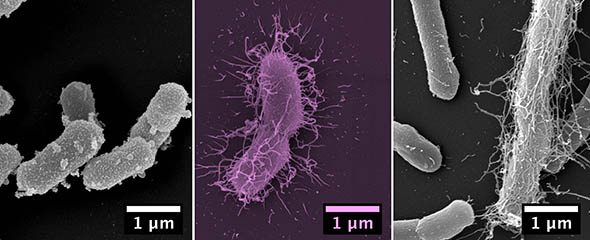Newsroom




HZI in the media
30.06.2025
|
Presseportal Magdeburg
28.06.2025
|
Der Spiegel
25.06.2025
|
Resurgence
23.06.2025
|
Kurier
18.06.2025
|
17:30 SAT.1 REGIONAL
18.06.2025
|
Cityblick 24
17.06.2025
|
Newsdirectory3
